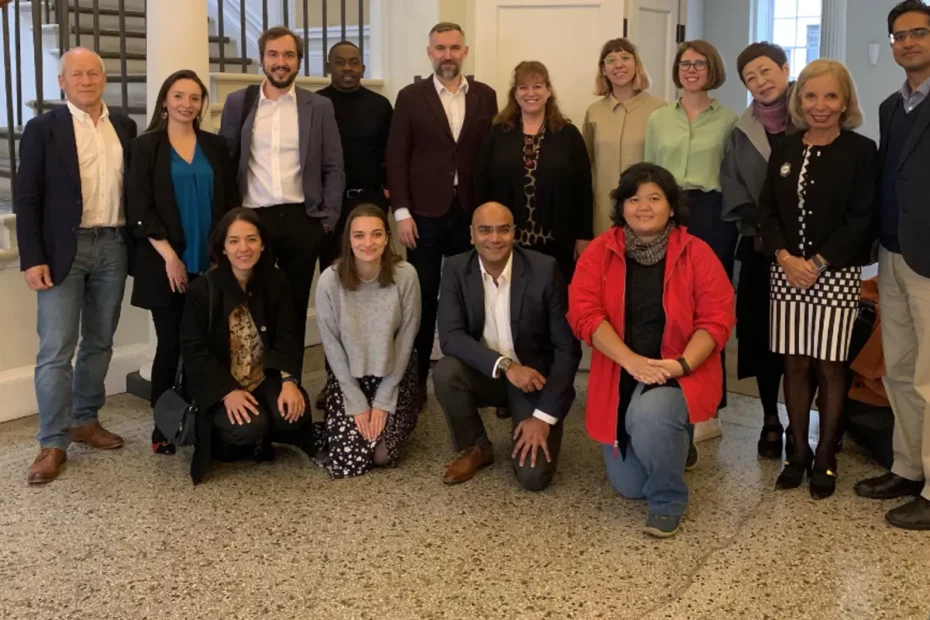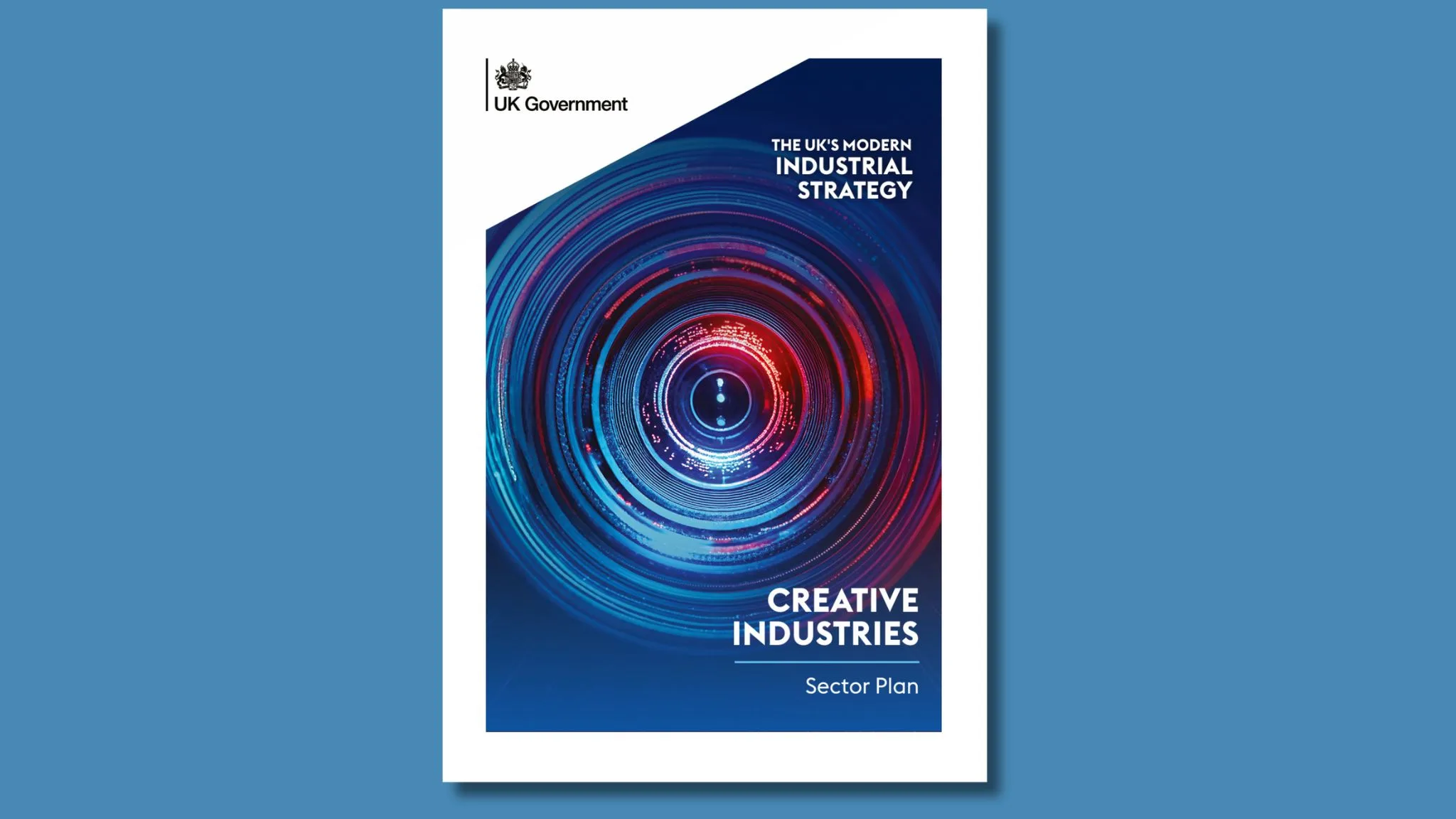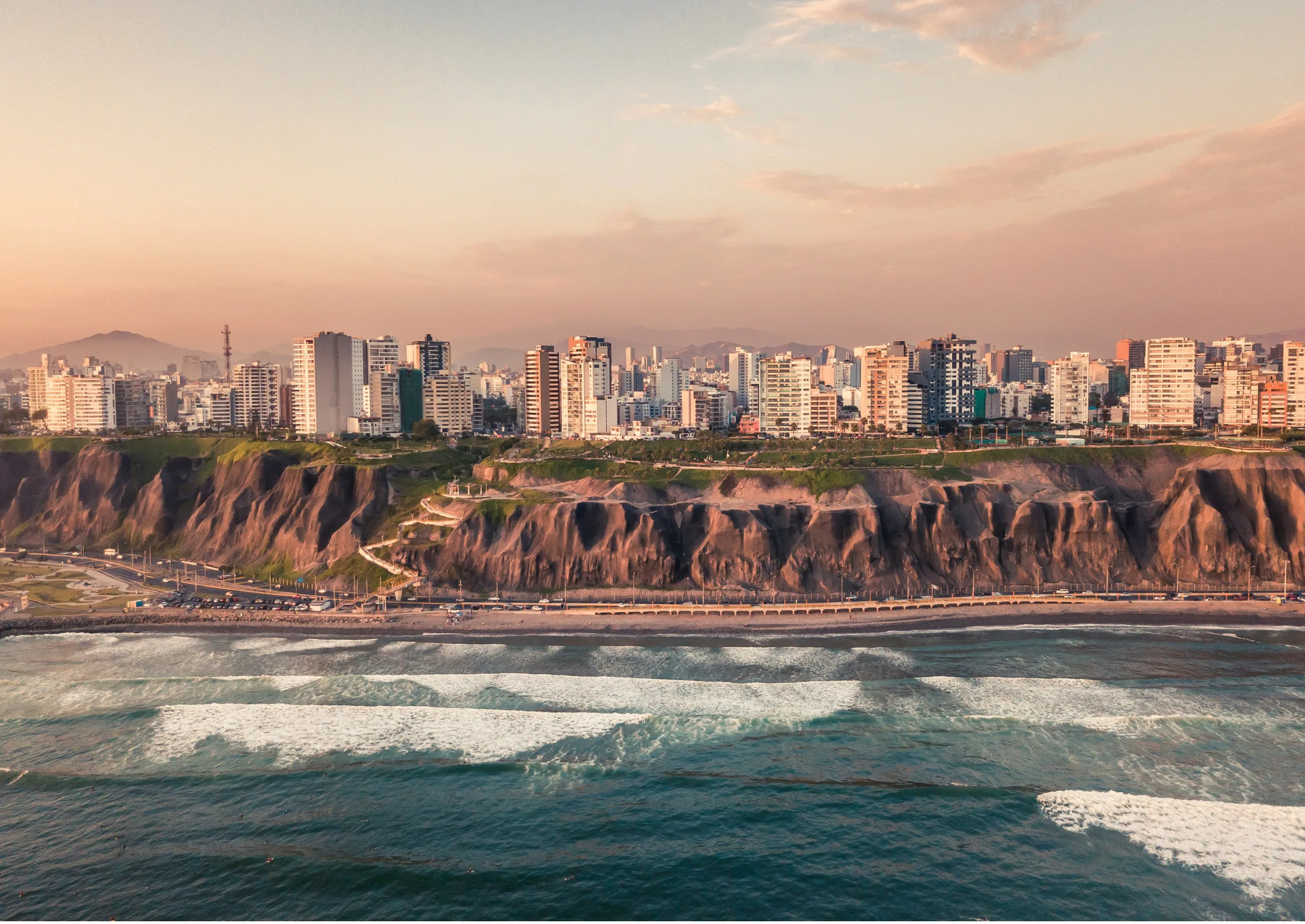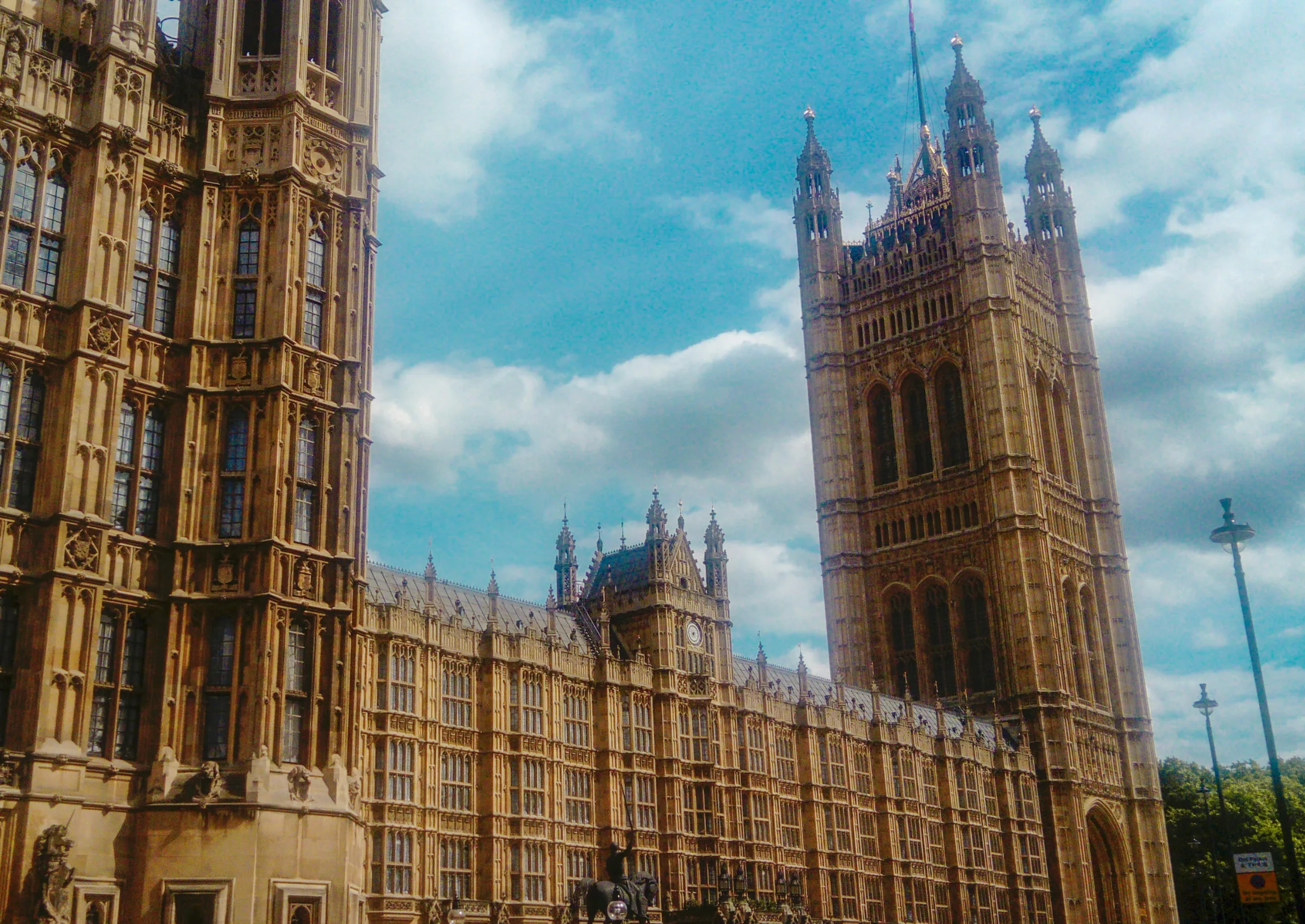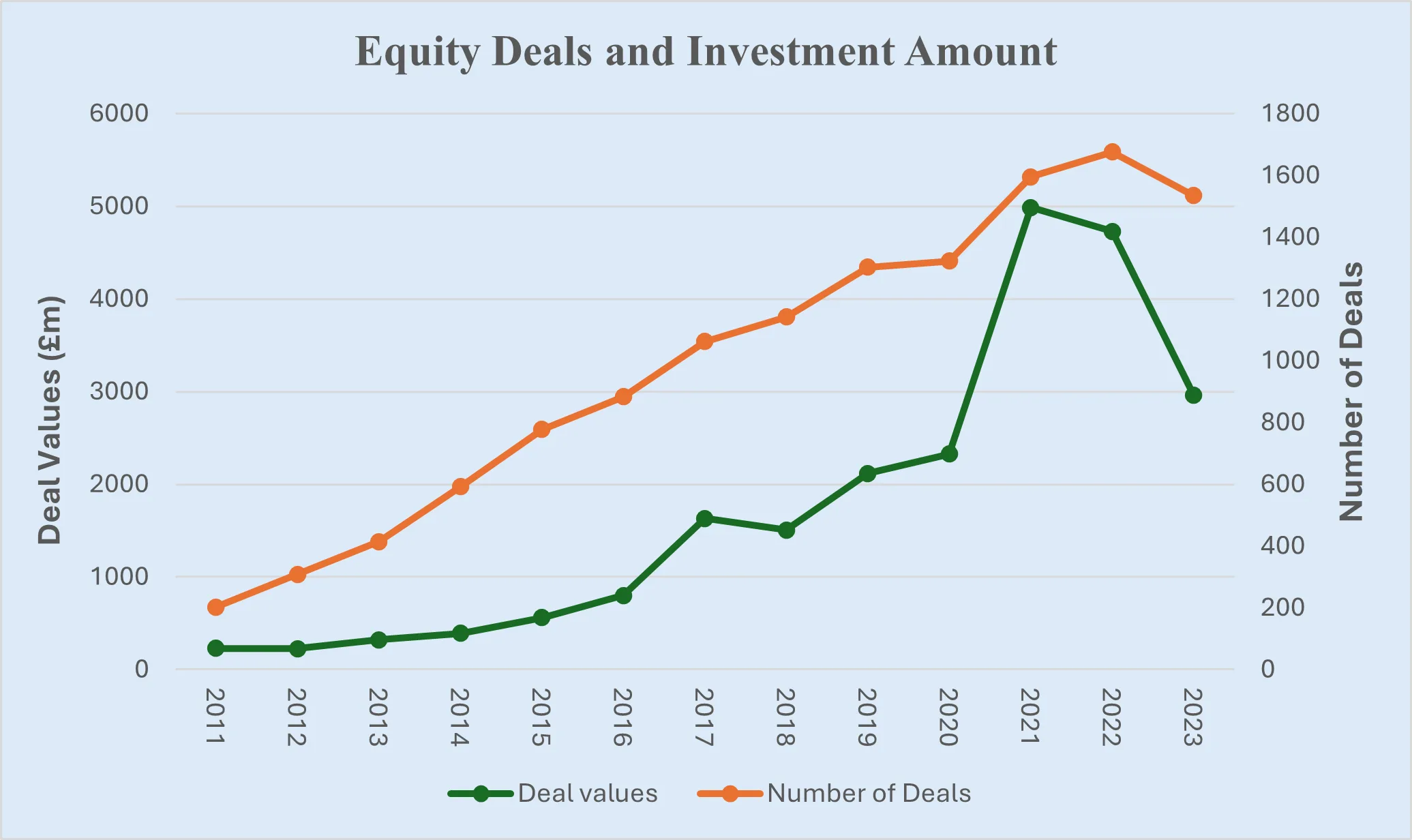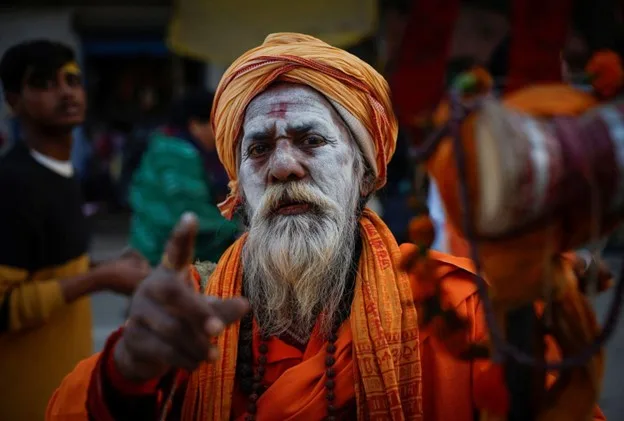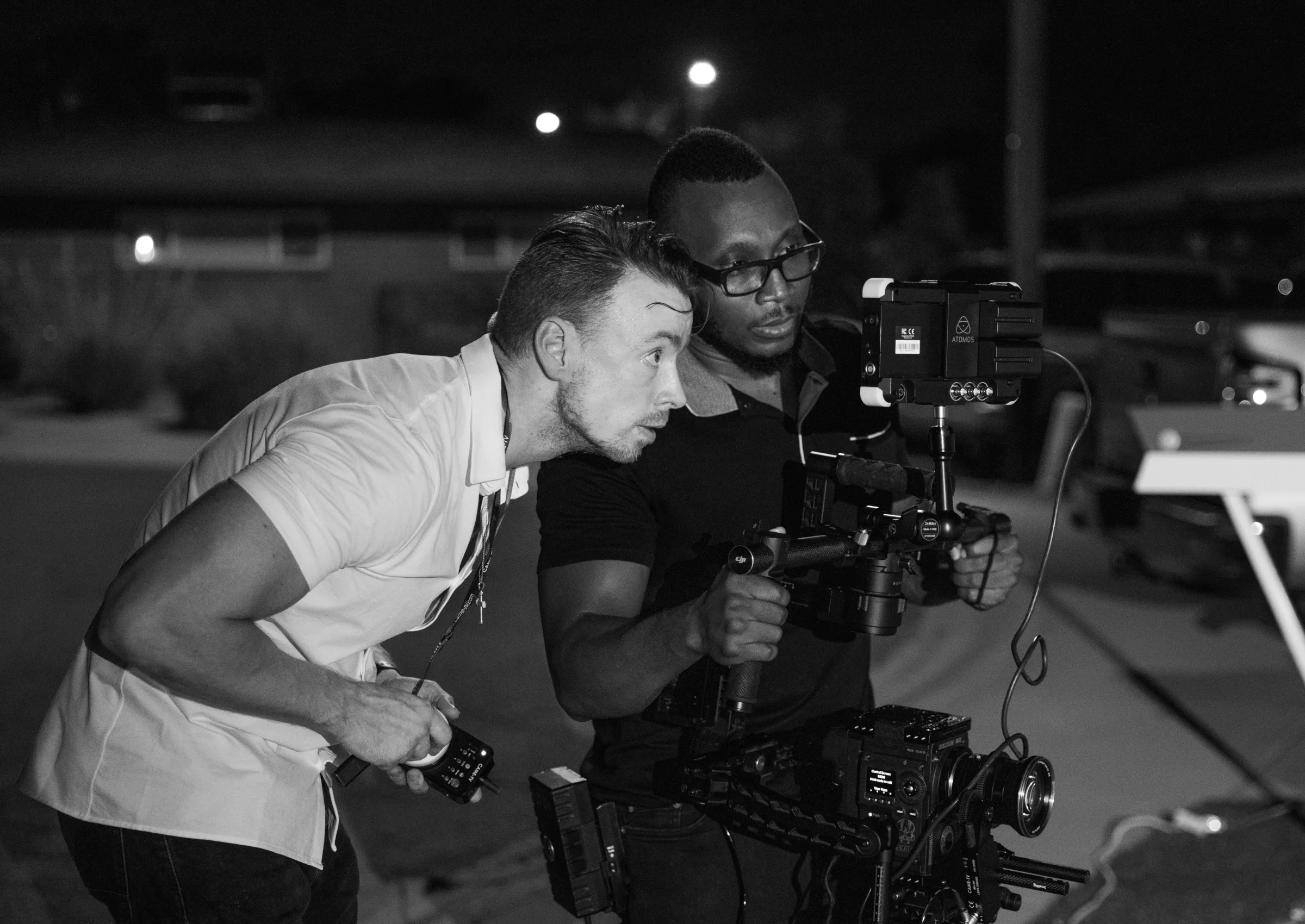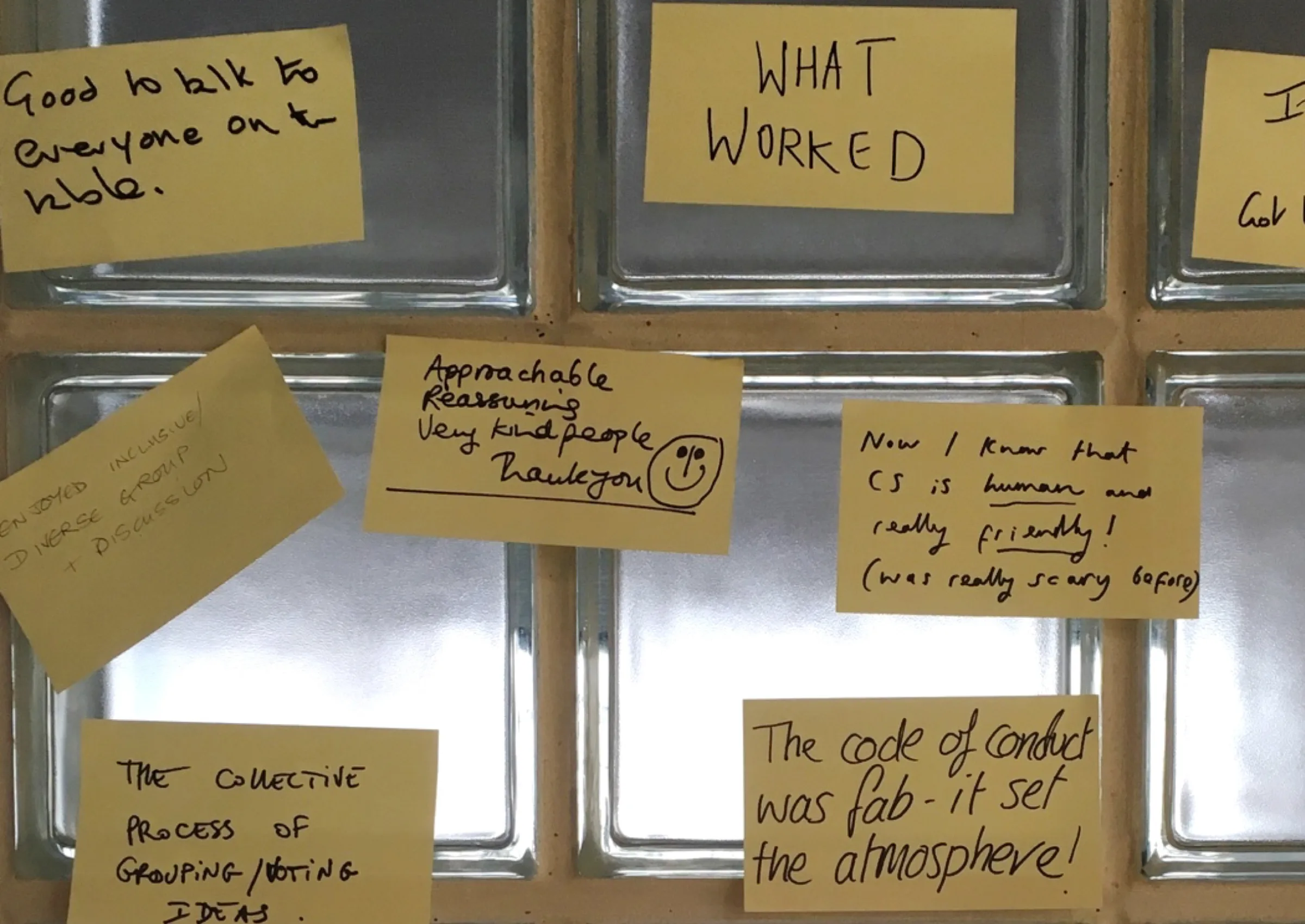‘We need a change in mindset’
On 7 December 2021 the PEC’s International Council launched a Global Agenda for the Cultural and Creative Industries, together with the British Council at the World Conference on Creative Economy UAE.
It is the result of a two-year discussion, involving representatives from 18 countries. It calls on governments worldwide to reimagine their relationship with the creative industries, to help realise the untapped economic and social potential of the sector.
This year is the UN designated Year of the Creative Economy’s contribution to the SDGs. In this article we meet the expert thinkers and practitioners behind the new Global Agenda. We gain insight into their work in the creative economy, and how it also helps fuel social and environmental change.
From multinational video game companies, to grassroots sustainable fashion projects, to creative hubs at the centre of their communities, we look at the diversity of this vast sector and the passion that unites it.
During the pandemic the value of the creative industries has been felt as never before and the sector – which includes a huge number of freelancers – has suffered considerably. Yet the creative industries responded with innovation and collaboration.
In this article we meet some of the PEC’s International Council and invite them to share examples of innovative creative industry projects which are also helping to address the biggest challenges of our times. They also share their policy recommendations and echo the demands of the new Global Agenda.
They demonstrate just how much could be achieved with sustained investment and support.
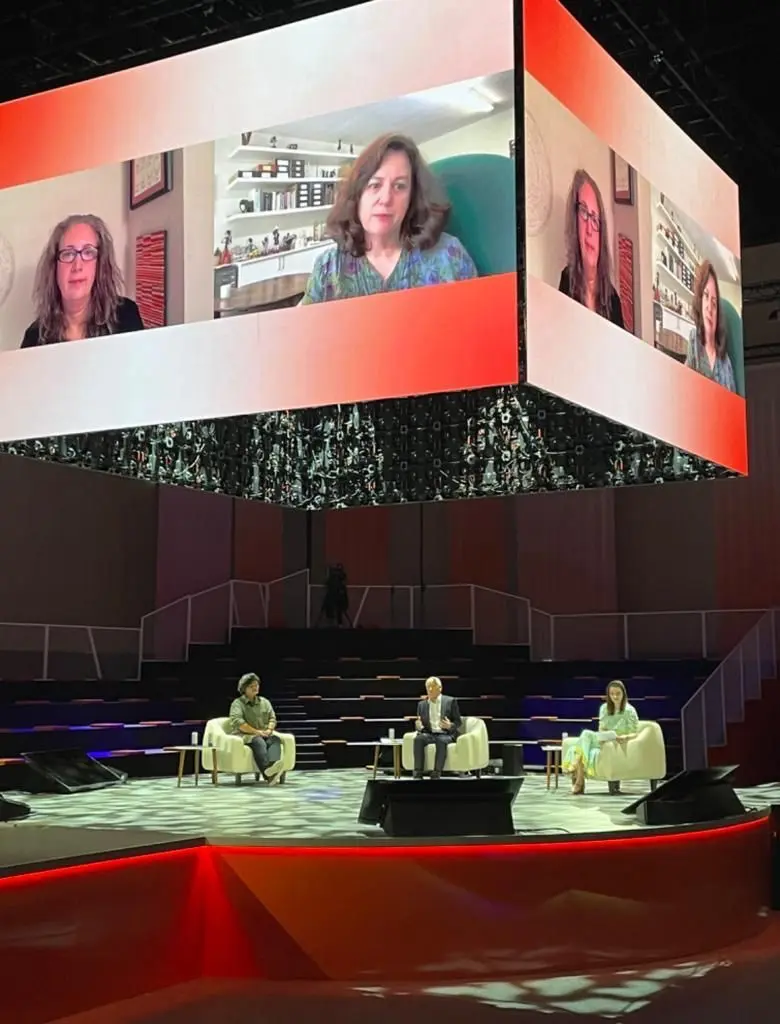
Introducing the PEC’s International Council for the Creative Industries, convened by the British Council
Content
Bernd Fesel, of the European Creative Business Network highlights the work of the Federal initiative for sustainable cultural institutions. He believes there should be time-limited tax credits for creative industry entrepreneurs helping to address the SDGs.
Diana Marcela Rey, an expert in Creative and Digital Economy, chose The Bronx Creative District as a creative industry initiative to celebrate. One of her main concerns in Colombia is the need for better labour and social rights for creative practitioners, including the need for pensions.
Jairaj Mashru, Innovation Consulting Director at Salesforce.com, says a ‘change in mindset’ is needed. The cultural and creative industries must be seen as an attractive investment in the economic, social and sustainable development of India. At the moment he says they are viewed more as charities or heritage assets ‘that we are obliged to preserve’. A fundamental change is needed in mainstream media and political debates. He highlights a number of creative organisations helping to address the UN’s SDGs in India: The Better India – 200 Million Artisans – Creative Dignity – Your Story.
Tita Larasati of the Indonesia Creative Cities Network celebrates DesignAction.bdg, an annual design thinking conference that has been held in Bandung since 2013. It helps find innovative solutions to urban problems. At the UCCN Annual Meeting 2017, DA.bdg was recognised as one of the best practice examples of SDG #11: Sustainable City & Community. Tita calls for more understanding of the creative industries ecosystem and an integrated database of the creative industry workforce.
Fashion Designer, Cholpon Alamanova is selected by Daniar Amanaliev of the Ololo group of companies as an inspirational creative entrepreneur. In Kyrgyzstan, Daniar suggests what would make a big difference is a special tax regime for the creative industries.
In the US Laura Callanan, of Upstart Co-Lab celebrates Patrick Robinson, founder of Paskho. She urges us to read Patrick’s essay on sustainable clothing and how to drive a regenerative economy. Laura suggests a policy change isn’t necessary but what’s needed is to use the policies that already exist but with more focus on the ‘creative economy, including crowdfunding/investing, the Community Reinvestment Act and all the vehicles available for community development finance institutions (CDFIs), and ESG investments from endowments including the USD$65 billion help by museums and other cultural institutions’.
Avril Joffe, at the Wits School of Arts, University of Witwatersrand highlights the excellent work of the Creative Uprising Hub at Constitutional Hill. It saw the conversion of an abandoned building in the City of Johannesburg ‘breathing new life and hope for entrepreneurship and creativity’. It’s a long term project designed to support creative entrepreneurs, young people in the community and act as a creative hub. In terms of policy change she calls for ‘the inclusion of cultural works (freelancers / the self-employed) in the definition of employees who benefit from social protection (including labour relations support, unemployment insurance, insurance, health and safety requirements, retirement and maternity benefits)’.
In Prague, Marcel Kraus of the Technology Agency chooses Charles Games, as a creative industry company he admires, doing great things. He calls for a ‘state fund for independent game developers to foster the creation of games that are meant not only for entertainment but to also convey ideas and support education’.
Omar Nagati, of CLUSTER, an independent urban research and design platform in Cairo shares some examples ofCLUSTERS’s work. He particularly highlights the Creative Cities: Re-Framing Downtown conference organised by CLUSTER. You can read more about their fascinating and important work in these publications. And you can watch some practical examples of their creative industry projects.
Edna dos Santos-Duisenberg is an International Policy Advisor on the Creative Economy and Development, she shares examples of creative projects in both Brazil and Switzerland. Rio de Mãos Dadas (Rio Holding Hands) is a movement that started in 2020 with the aim of bringing hope to the population through street art. The city government invited ten artists to produce sculptures symbolising union to overcome the losses caused by the COVID-19 pandemic. She says “people are united by an idea, even if physically they have to distance themselves”. The movement has spread and there was a R$10m public fund open across the country to help stimulate the cultural sector through artworks in public spaces. The messaging is that “Hand in hand and with culture, we are going to win this pandemic and come out from it even better”. The cities that host the art installations also benefit from partnerships with civil partners and sponsorship from the private sector.
In the State of Rio de Janeiro, this movement has been mobilising the capital and the interior under the motto “Together for the recovery”. Launched by Fecomércio RJ (Federation of Commerce of Goods, Services and Tourism of the State of Rio de Janeiro), the action has reached 18 municipalities, where 11 million people live. After such a difficult year, hand in hand is a way to give strength and encourage the search for new paths. Edna concludes that ““Rio de Mãos Dadas” is a marketing project that goes beyond street exhibitions, it generates a climate of hope and positivity throughout the state, creating spaces for discussions through concrete actions aimed at development, quality of life and well-being of population and companies”. Find out more and watch more of Edna’s policy and practice insight.
In Switzerland, Edna celebrates Vevey: Yesterday, Today and Tomorrow. “Vevey for Tomorrow” is an urban plan for renovating the city focusing on mobility and sustainable development. The city revises its territorial urban planning every 15 years. An innovative approach was to relate urban planning and gender. “A city made by and for men? “The aim is to redesign a more egalitarian city and see how the city reinforces inequalities between women and men. The urban spaces will experience great changes in the coming years by introducing a “Master Plan for Soft Mobility” and promote the practice of walking and cycling in the municipality by 2030.
Leandro Valiati, from the Institute of Cultural Practices, at the University of Manchester highlights The Agency/Agência de Redes para a Juventude an expansion of a project that began in Brazil. Leandro calls for ‘a more inclusive Creative Industries field, supporting equal access to people of diverse gender, social background, race and ethnicity’.
Related Blogs
Taking stock of the Creative Industries Sector Plan
We summarise some of the key sector-wide announcements from the Creative Industries Sector Plan.
Why higher education matters to the arts, culture and heritage sectors
Professor Dave O’Brien, Professor of Cultural and Creative Industries at University of Manches…
What does the 2025 Spending Review mean for the creative industries?
A read out from Creative PEC Bernard Hay and Emily Hopkins On Wednesday 11th June the UK Government …
Bridging the Imagination Deficit
The Equity Gap in Britain’s Creative Industries[1]. by Professor Nick Wilson The creative industries…
Why accredited qualifications matter in journalism
Journalism occupations are included on the DCMS’s list of Creative Occupations and, numbering around…
All Together Now?
Co-location of the Creative Industries with Other Industrial Strategy Priority Sectors Dr Josh Siepe…
The Mahakumbh Mela, India, 2025
The festival economy: A Priceless Moment in Time Worth GBP 280 Billion in Trade Jairaj Mashru looks …
Class inequalities in film funding
Professor Dave O’Brien, University of Manchester, Dr Peter Campbell, University of Liverpool and Dr …
Creative self-employed workforce in England and Wales
Dr Ruoxi Wang, University of Sheffield and Bernard Hay, Head of Policy at Creative PEC Self-employed…
What just happened to funding for culture in Scotland?
First the facts: Creative Scotland announced the outcome of its new Multi-Year Funding Programme on …
Copyright and AI – a new AI Intellectual Property Right for composers, authors and artists
Background The new technology landscape emerging from the super rapid progress in developing AI, Gen…
